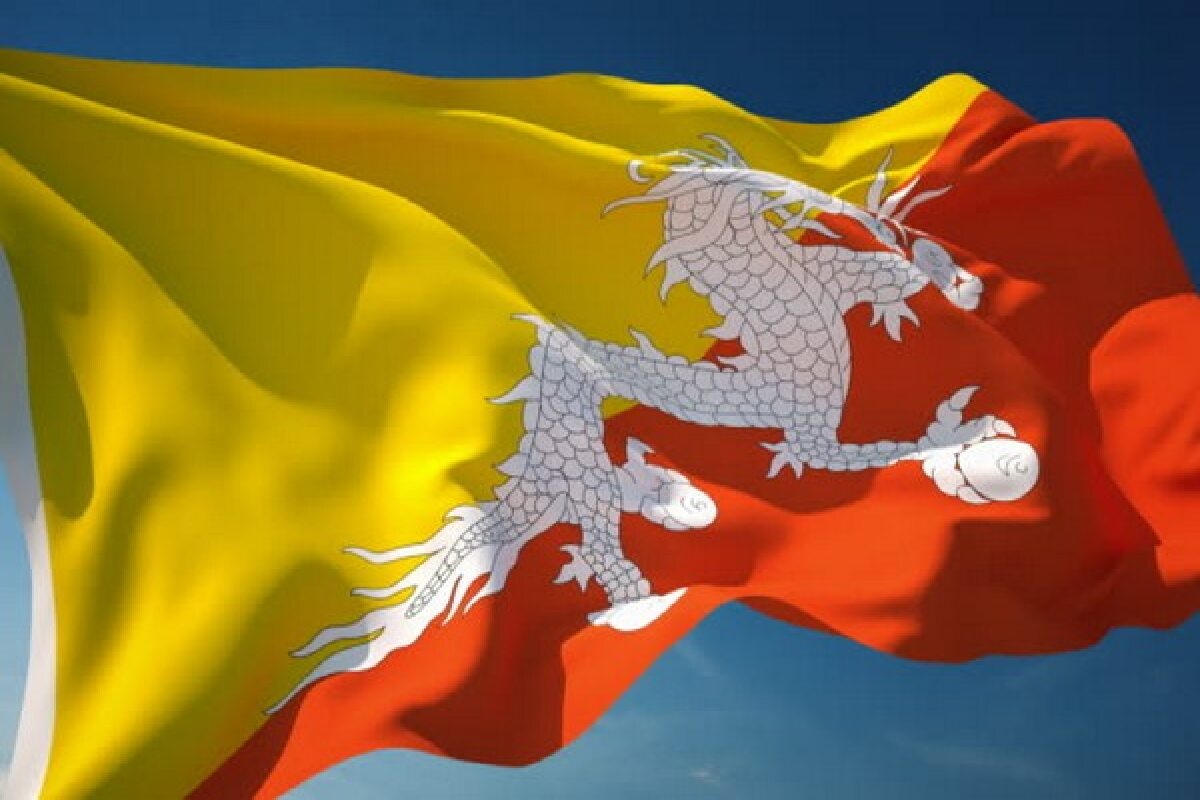
The participation of Bhutan’s women soldiers and officers in UN peacekeeping missions globally, demonstrates the country’s dedication to gender mainstreaming, according to Bhutan Live.
Bhutan was acknowledged for its services during a recent visit by the United Nations Under Secretary General for Peace Operations, Jean-Pierre Lacroix. The UN Secretariat’s Department of Peace Operations acknowledged Bhutan’s substantial contribution to UN Peacekeeping (UNPK) operations with the first-ever high-level visit of its sort to Bhutan.
Bhutan’s commitment to maintaining global peace and security is strong, and the country has benefited from international recognition and support ever since it joined the UN in 1971.
The country aims to send well-equipped and trained small units in the future, including medical and engineering teams, to contribute more to UN peacekeeping missions.
Moreover, as the Royal Bhutan Army has met its gender parity goal, the Formed Police Unit (FPU) platoons will also contain 40 per cent women.
Bhutan’s military and police contingents have also reduced their carbon footprint when deployed by adhering to sustainable practices such as using renewable solar energy and implementing environmental conservation measures.
According to Bhutan Live, participating in UNPK missions aligns with Bhutan’s foreign policy initiatives as well. It showcases the Himalayan nation’s coming of age and its tangible contribution to international peace and security.
Additionally, it raises Bhutan’s prominence and visibility in the global arena while highlighting its dedication to responsible global engagement.
Bhutan has boosted its involvement in UNPK missions since 2014, sending military and police officers to places like the Democratic Republic of the Congo, Israel, Mali, South Sudan, Sudan, and Western Sahara. (ANI)

















